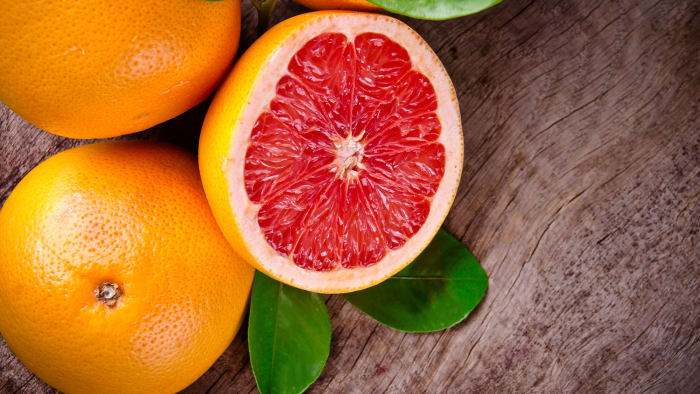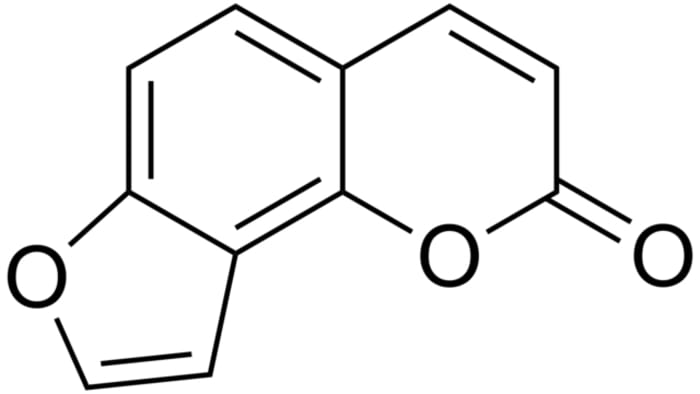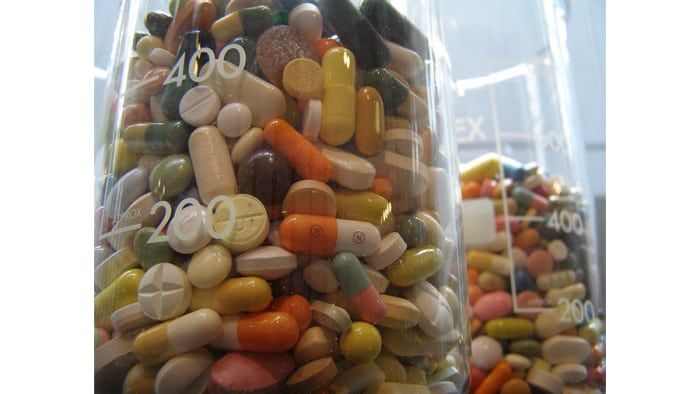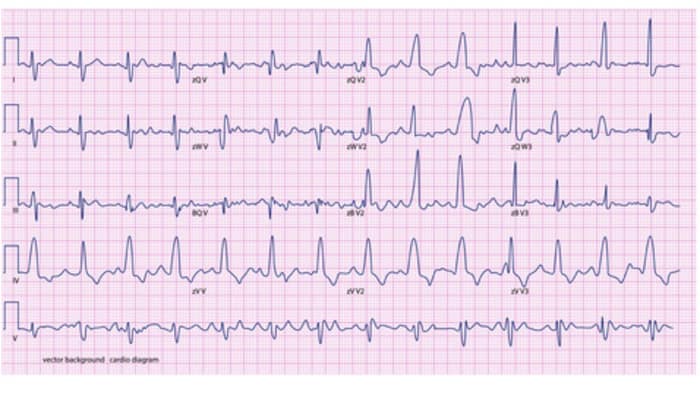Grapefruit: The Phantom Menace
Vitamins or harm?
Drinking a glass of grapefruit juice has always been the healthiest way to start your day. There is no doubt that grapefruits are rich in vitamins and other nutrients. But can this remarkable fruit do more harm than good?

A hidden danger
Over 20 years ago, doctors discovered that only one glass of grapefruit juice can triple the concentration of certain drugs – cancer, heart, sedative, cholesterol and painkilling medicaments. Initially, 17 such drugs were identified, but their number has since increased to 43, according to a report in the Canadian Medical Journal¹. The side effects of consuming grapefruit may include low blood pressure, the collapse of the immune system, etc.
Why does this happen?
The reason why grapefruits make drugs more potent lies in chemicals called furanocoumarins. These compounds, which are produced by plants to defend themselves against predators, interfere with enzymes in our intestines. These enzymes are involved in the metabolism of some drugs and control their amount in the bloodstream. However, if furanocoumarins are present in the intestines, they block the enzymes. This leads to the risk of an overdose.

Which drugs are dangerous?

The range of drugs affected by grapefruit is very extensive. The most affected group of drugs is statins – taken all over the world to lower cholesterol. The antibiotic erythromycin is also dangerous if you have eaten a grapefruit. Other hazardous drugs are sedatives, drugs for kidney, skin and blood cancer, blood-thinning medication and painkillers.
What are the side effects?
The side effects of mixing drugs with grapefruits vary from drug to drug. The consequences are unexpected. There may be an allergic reaction, or in some cases irregular heartbeats, followed by sudden death. Anti-cancer drugs are the most dangerous to combine with grapefruit - they cause the collapse of the immune system. Blood-thinning and cholesterol drugs may cause stomach bleeding, kidney failure, swelling, vomiting and diarrhea.

Are there other fruits with the opposite effect?
Curiously enough, orange and apple juice may make some cancer, heart and blood pressure drugs less potent. The opposite effect was also caused by naringin (a chemical which makes citrus fruits bitter). It prevents the drugs from moving into the bloodstream.²
What should we do to avoid risks?

Grapefruits are very healthy and nutritious. We should eat them regularly, as they are a great source of microelements and rare organic acids. However, it is very important to refrain from eating them while taking some drugs. The majority of these medications are prescription-only, and the doctor should inform patients if there are problems with grapefruit. It is essential not to ignore these warnings.
To find out more about this issue, see this video from The University of Western Ontario:
P.S. This is a popular science article. It should not be treated as medical advice or a guide to action.
Sources:
-
¹Grapefruit juice: potential drug interactions. James Maskalyk, CMAJ August 6, 2002 vol. 167 no. 3;
-
²Fruit juices inhibit organic anion transporting polypeptide–mediated drug uptake to decrease the oral availability of fexofenadine. David G. Bailey PhD et. al., Clinical Pharmacology & Therapeutics, Volume 71, Issue 1, pages 11–20, January 2002*